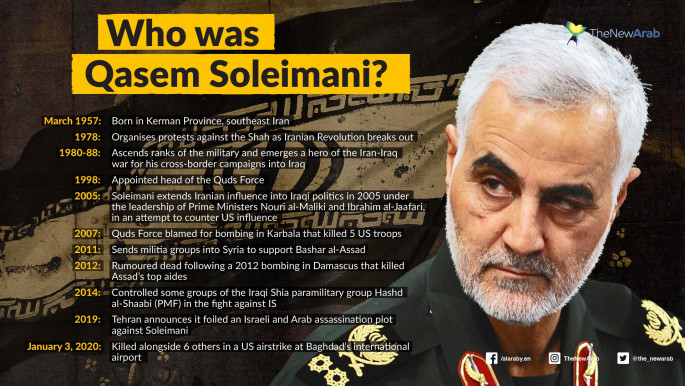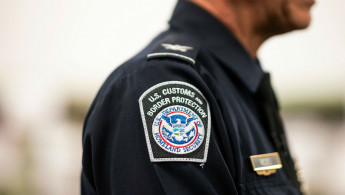US border agents 'question Iranian-Americans' after Soleimani killing
The US Customs & Border Protection (CBP) allegedly received a notice to report and detain all "suspicious" Iranians entering the country, irrespective of their immigration and citizenship status.
The move also targets American-Iranians who were born and raised in the US, a press released by CAIR stated.
At least 60 have already been detained since the press release was published on Sunday, all of which were questioned about their political views and allegiances at the Peace Arch Border crossing in Blaine.
A number of those held at the border control were refused entry into the United States, including American-Iranians that were attending an Iranian concert across the border in Vancouver this weekend.
"The vast majority of people being held last night were American citizens," 24-year old Crystal, whose entire family was questioned for ten hours, said.
CBP issued a statement denying the "false" reports, though rights organisers at the scene accused the government agency of "lying".
"I personally spoke to Iranian Americans detained at the Peace Arch border for 11hrs in a room with 40+ other Iranian families being interrogated specifically about their Iranian heritage. CBP is literally lying thru their teeth on twitter," American-Iranian rights organiser, Hoda Katebi said in response to the CBP statement.
"These accounts are verified by journalists on both sides of the border. We’ve seen photo/video documentation & more stories of prolonged detention & interrogation of US citizens of Iranian heritage at this border. Instead of tweeting lies maybe investigate your officers," Katebi added.
Twitter Post
|
Soleimani was Iran's most powerful military commander, directing large-scale operations in Syria, Iraq and across the Middle East.
Muhandis, the Hashd al-Shaabi's deputy leader, helped found Kataib Hezbollah in Iraq.
The assassinations of the general sparked fears of a war between the two arch-enemies and has sent leaders of both nations into a sparring of threats online.
Tehran has vowed to avenge the commander, and US President Donald Trump has threatened "major retaliation" if any American targets are hit.
Meanwhile, Iran on Sunday announced its fifth reduction in its nuclear commitments, saying it will forego the "limit on the number of centrifuges".
Iran's 2015 nuclear agreement with the UN Security Council's five permanent members - the UK, China, France, Russia and the US - plus Germany has been hanging by a thread since Washington withdrew unilaterally from two years ago.
European countries have been pushing for talks with Iran to salvage the nuclear deal and the EU has invited Iranian Foreign Minister Mohammed Javad Zarif to Brussels for talks.
"Iran's nuclear programme no longer faces any limitation in the operational field", the Iranian government said in a statement on Sunday night.
This extends to Iran's capacity for enriching uranium, the level of enrichment carried out, the amount enriched, and other research and development, it said.
"As of now Iran's nuclear programme will continue solely based on its technical needs," it added.
 |





 Follow the Middle East's top stories in English at The New Arab on Google News
Follow the Middle East's top stories in English at The New Arab on Google News


